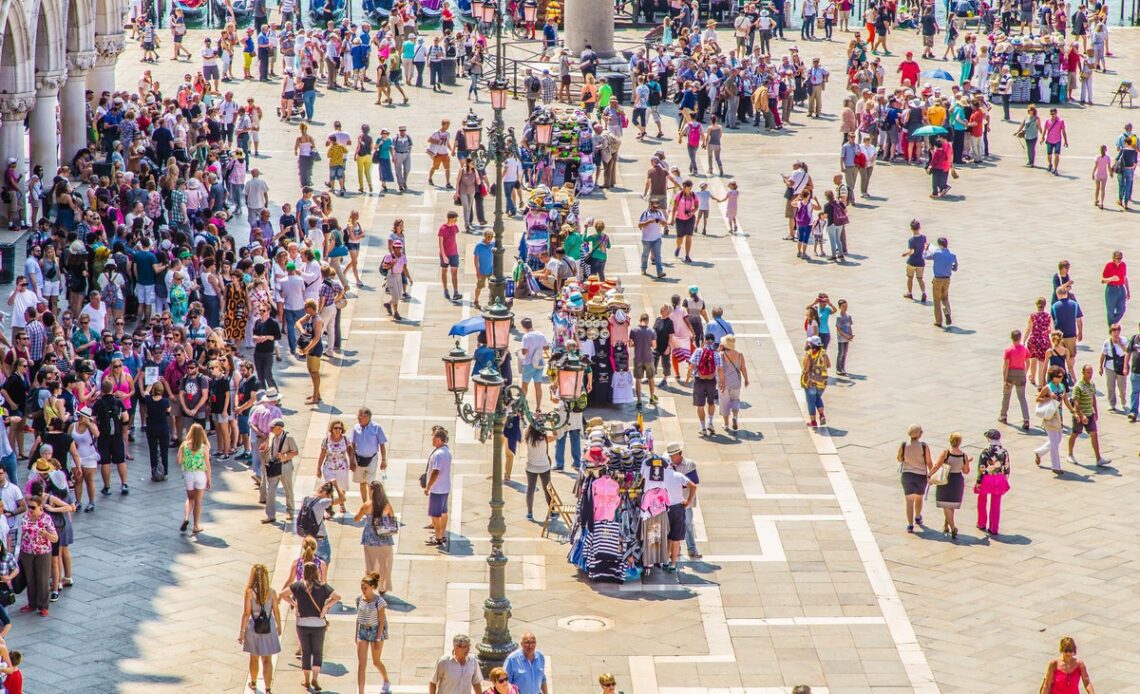Amsterdam’s new campaign warning British tourists against visiting the city for a “messy weekend” is the latest move in its fight against problem visitors.
As one of Europe’s most popular tourist destinations, attracting close to 20 million travellers each year, it’s not just overtourism that has been causing headaches for officials.
The city has already been cracking down on problem visitors, with earlier closing times for bars and brothels starting this weekend. A ban on smoking cannabis on the streets of the Red Light District should be in place from May, and discussions are ongoing as to whether tourists should be banned altogether from the city’s famous coffee shops.
Previously, the non-profit group Amsterdam & Partners, which describes itself as “dedicated to making Amsterdam an even better place to live, work and visit”, lobbied the Dutch government to implement a minimum flight price to discourage tourists looking for cheap city breaks, and in 2017 Amsterdam banned beer bikes, with the often rowdy activity labelled a “public order problem”.
Thinking of a ‘messy weekend’ in Amsterdam? Think again
(Getty Images)
The Dutch capital is not alone in prioritising quality over quantity when it comes to tourists. Venice, in Italy’s northern Veneto region, is on the front line of this particular battle.
For years, La Serenissima has mooted an entry ticket system to target daytrippers (those staying overnight already pay a tourist tax). The city’s mayor, Luigi Brugnaro, called it “the right way forward for a more balanced management of tourism”.
In 2022, authorities announced plans to introduce the entry fee from January 2023, but these plans have been postponed. There’s no timescale for the entry price to launch, though from April next year anyone departing from Venice Marco Polo Airport will need to pay a €2.50 surcharge. The concept of an entry fee for tourists isn’t a new idea; Bhutan, the landlocked Himalayan nation, has been a proponent of this approach in order to fulfil its policy of “high value, low impact” tourism. The number of visitors has been highly restricted since the country opened to tourism in 1974, and those who do visit must pay the ‘Sustainable Development Fee’ of US$200 (£163) per day.
Read more on sustainable travel:
Venice has also made moves to “preserve decorum and…
Click Here to Read the Full Original Article at The Independent Travel…
